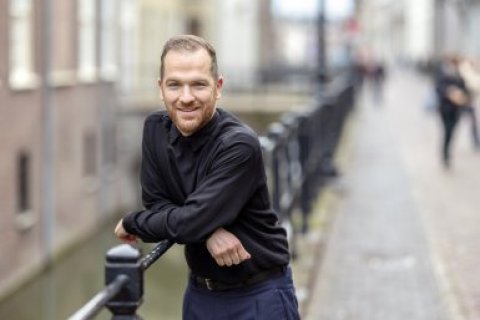ERC grant to research communities of arms, and artificial intelligence within families
Cultural anthropologist Tessa Diphoorn and social neuroscientist Ruud Hortensius have both received an ERC Starting Grant, a grant of 1.5 million euros provided by the European Union. With this grant, Diphoorn will analyse how firearms create communities in diverse ways. Hortensius will investigate the impact of artificial intelligence on the social dynamics of families.

Diphoorn's project is an ethnographic study and the various researchers will immerse themselves in groups of communities where firearms play a central role, such as gun owners associations and hunting clubs. Diphoorn: "These communities can be disruptive within societies, and exercise enormous power."
Role of firearms
With her research, she aims to answer questions such as 'how do these communities arise, how do these communities relate to each other, and what is their social impact?'. To engage in a comparative analysis, Diphoorn will recruit three PhDs to analyse communities of arms in Brazil, Germany, and South Africa, while she will focus on global communities of arms, such as international disarmament organisations. “With my research project, I hope to understand, among other things, the role of firearms in diverse societies." With her team, Diphoorn will design a new multisensorial ethnographic toolkit to better understand why firearms are so attractive for certain groups of people.

Artificial intelligence
Ruud Hortensius will focus his project on artificial intelligence within families. Hortensius: "We see that families are increasingly using artificial intelligence, such as virtual assistants Alexa and Google Home, and physical robots. We don't yet know what impact these interactions have on family dynamics." To examine this, he will develop a new mobile laboratory together with a team of PhDs and postdocs. "With this laboratory, we can observe how the main mechanisms of social dynamics, for example trust, within families are influenced by long-term interactions with virtual assistants by measuring behaviour and brain of all family members inside their home."
Chronic disease
Hortensius will also work together with families in which one or more children are struggling with a chronic disease to investigate how interactions with artificial intelligence can provide support. Hortensius: "We think that artificial intelligence can be a tool to change the social dynamics within these families, if necessary, for the better."
In addition to Diphoorn and Hortensius, five other scientists from Utrecht University have received this prestigious award.

